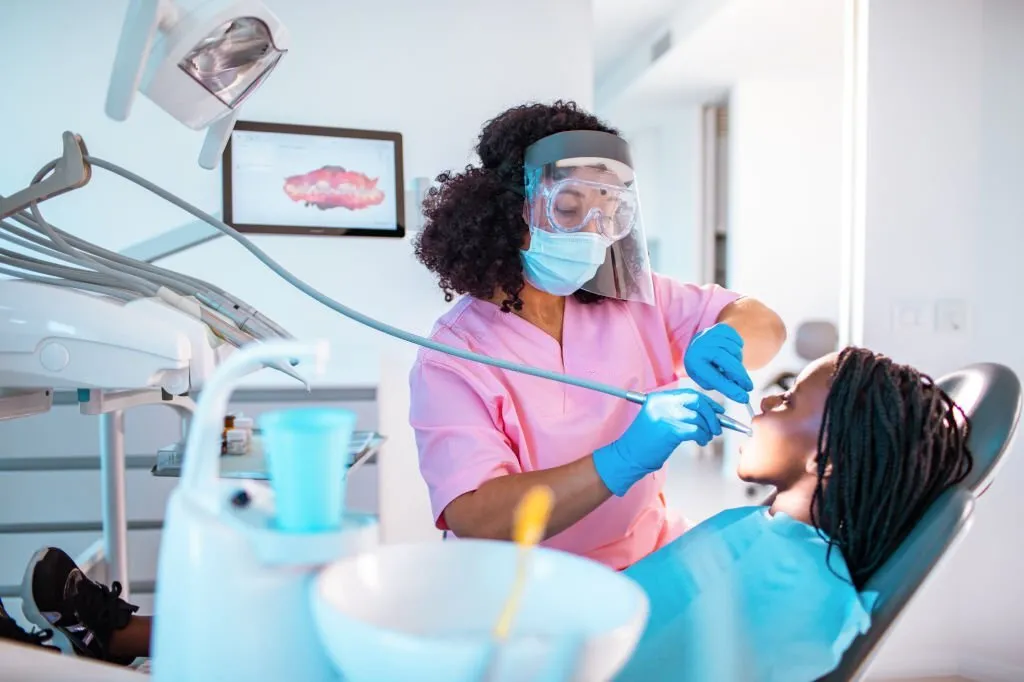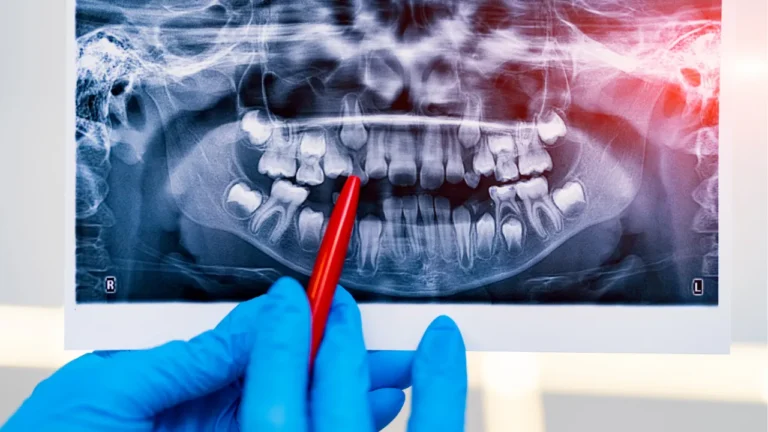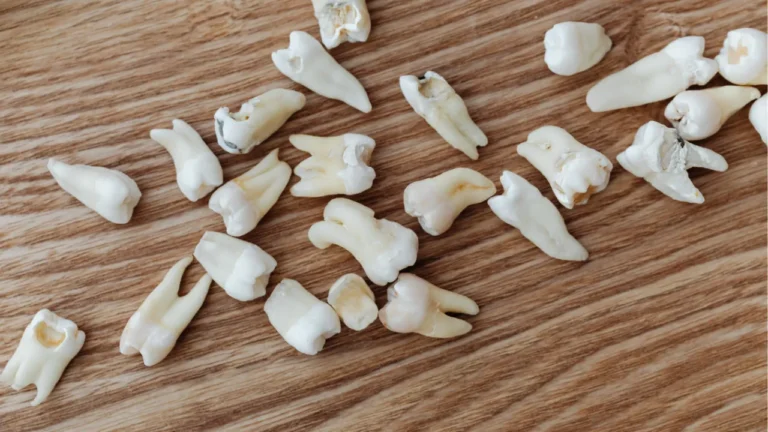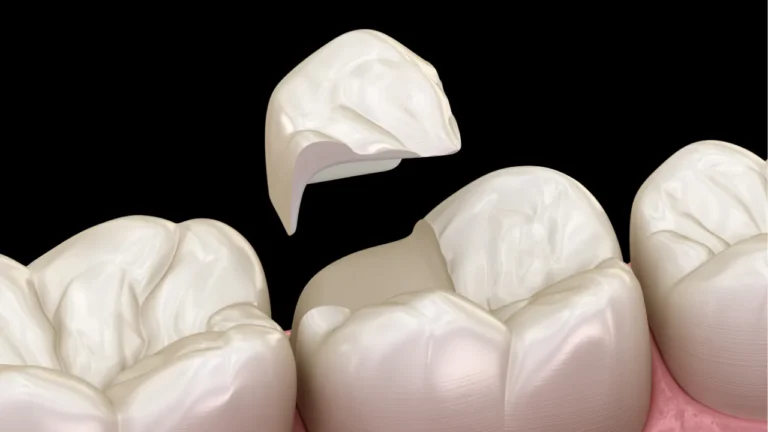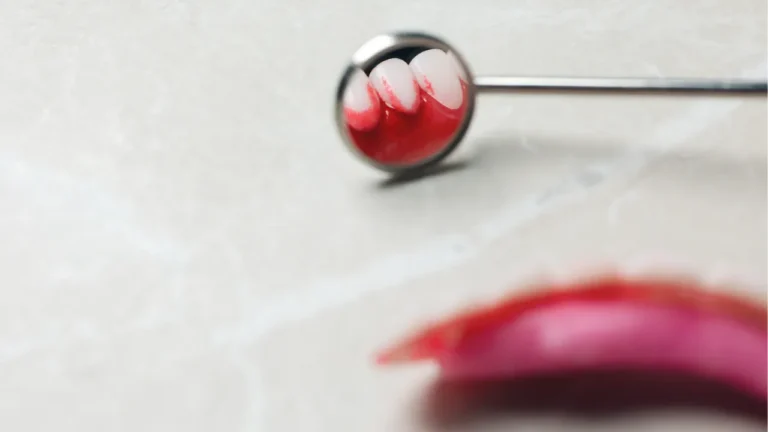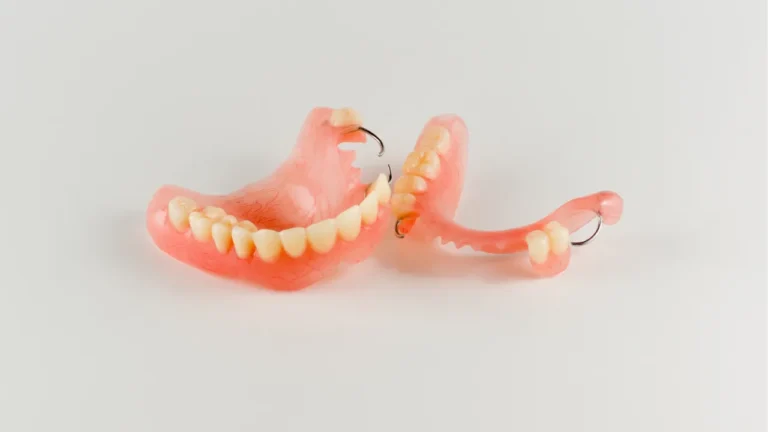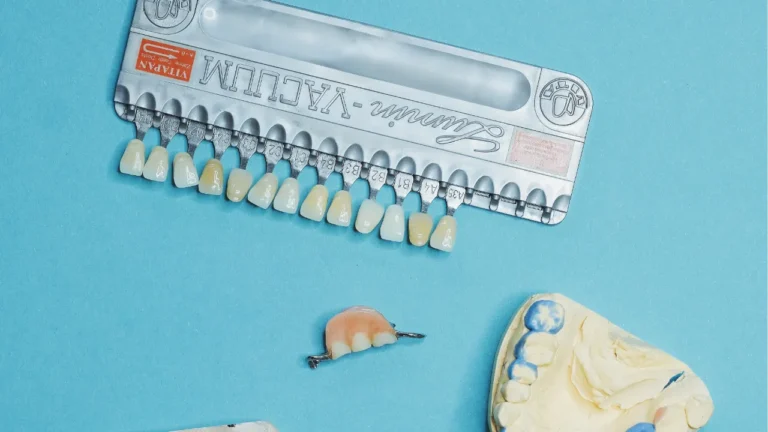Here are some tips for dealing with dental anxiety:
- Find a Supportive Dentist in South Africa
- Communicate Openly
- Relaxation Techniques
- Explore Sedation Options
- Gradual Exposure
Dental anxiety, also known as dental phobia, is a common fear that affects millions of people worldwide.
It can range from mild nervousness to debilitating fear, and it can make it difficult or even impossible for people to seek the dental care they need.
Let’s dive in and explore some practical tips that could help you tackle dental anxiety, ensuring you can confidently step into any dental clinic across South Africa.
Key Facts
- Dental anxiety, a common fear, varies from mild nervousness to panic attacks, hindering dental care.
- Symptoms include excessive worry, panic during appointments, physical symptoms, and avoidance.
- Causes involve past negative experiences, learned fears, personality traits, fear of pain, and loss of control.
- Tips to manage anxiety: find a supportive dentist, open communication, relaxation techniques, explore sedation, and gradual exposure.
- Coping strategies during visits: choose a trusted dentist, communicate anxiety, schedule appointments strategically, bring a companion, use relaxation methods, distraction, focus on breathing, take breaks, reward yourself.
- Overcoming dental anxiety is a journey; seek support from understanding dental professionals in South Africa for better oral health and a relaxed experience.
Understanding Dental Anxiety
Dental anxiety, also known as dental phobia, is a common fear that affects millions of people worldwide.
It is characterized by excessive anxiety, fear, or apprehension related to dental procedures.
This fear can range from mild nervousness to debilitating panic attacks, and it can make it difficult or even impossible for people to seek the dental care they need.
Symptoms of Dental Anxiety
Symptoms of dental anxiety can vary from person to person, but they may include:
- Excessive worry or fear about dental appointments, even days or weeks in advance
- Feeling panicky or overwhelmed in the dentist’s chair
- Experiencing physical symptoms such as sweating, trembling, rapid heartbeat, or nausea
- Avoiding dental care altogether, even when experiencing dental problems
Causes Of Dental Anxiety
The exact causes of dental anxiety are not fully understood, but they are thought to be a combination of factors, including:
- Negative past experiences: Having a negative experience at the dentist, such as pain, fear, or humiliation, can increase the risk of developing dental anxiety.
- Learned fears: Observing others express fear or anxiety about dental procedures can contribute to developing dental anxiety in oneself.
- Personality traits: People with perfectionistic tendencies or a high level of anxiety may be more prone to dental anxiety.
- Fear of pain: Many people with dental anxiety have a fear of pain, which can be exacerbated by the sounds, smells, and sensations associated with dental procedures.
- Fear of loss of control: Some people with dental anxiety fear feeling powerless or out of control during dental procedures.
Tips To Manage Dental Anxiety
- Find a Supportive Dentist in South Africa: Look for a dental professional who understands dental anxiety and is willing to take things at your pace.
- Communicate Openly: Don’t hesitate to express your fears and concerns. Dentists in South Africa are compassionate and can adjust their approach to make you feel more comfortable.
- Relaxation Techniques: Practice deep breathing or meditation before your appointment. These methods can significantly calm your nerves.
- Explore Sedation Options: In South Africa, there are various sedation options available that can help you relax during dental procedures.
- Gradual Exposure: Start with simple dental visits to desensitize yourself. Take small steps to build your confidence gradually.
Coping Strategies During Dental Visits
Here are some coping strategies that can help you manage your anxiety during dental visits:
- Choose a dentist you trust and feel comfortable with: Ask your friends, family, or doctor for recommendations. You can also read online reviews to get a sense of different dentists in your area.
- Communicate your anxiety to your dentist: Let your dentist know that you are anxious about dental procedures and ask for their help in making your appointments as comfortable as possible.
- Schedule your appointments for early in the morning or later in the evening: This can help you avoid crowds and feel less rushed.
- Bring a friend or family member with you to your appointments: Having someone you trust with you can help you feel more relaxed and supported.
- Use relaxation techniques: Deep breathing exercises, meditation, and progressive muscle relaxation can all help to reduce anxiety.
- Listen to music or podcasts: This can help to distract you from the sights and sounds of the dental office.
- Focus on your breath: Counting your breaths can help to ground you and keep you calm.
- Take breaks: If you need to take a break during your appointment, let your dentist know. There is no shame in taking a few minutes to calm down before continuing with the procedure.
- Reward yourself after your appointment: Treat yourself to something you enjoy after your appointment to help reinforce positive associations with dental care.
Conclusion
Remember, overcoming dental anxiety is a journey, and it’s okay to take it step by step.
By implementing these strategies and seeking support from understanding dental professionals in South Africa, you’re taking positive steps toward better oral health and a more relaxed dental experience.

